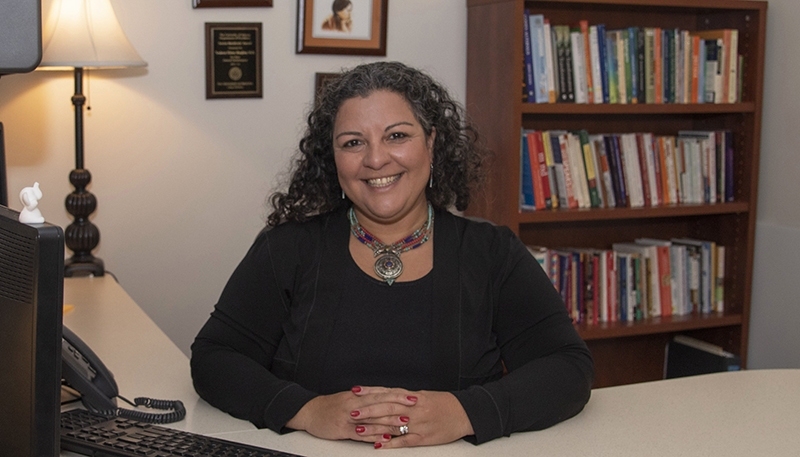 What’s required is a systematic approach to students’ mental health and well-being, with an infrastructure that students can readily access on campus, well before the need becomes dire. A report published in January by the National Academies of Sciences, Engineering, and Medicine reached that same conclusion: Higher education, it says, needs “to take comprehensive, campuswide approaches to more effectively address mental health and substance-use problems among students and to develop cultures that support well-being.”
What’s required is a systematic approach to students’ mental health and well-being, with an infrastructure that students can readily access on campus, well before the need becomes dire. A report published in January by the National Academies of Sciences, Engineering, and Medicine reached that same conclusion: Higher education, it says, needs “to take comprehensive, campuswide approaches to more effectively address mental health and substance-use problems among students and to develop cultures that support well-being.”
Noshene E. Ranjbar, a clinical assistant professor of psychiatry at the University of Arizona, said in an email interview that an integrative approach to mental health “utilizes a bio-psycho-socio-spiritual framework to gather information and help the student understand their mental-health struggle in context of their whole self.” Students need more than a number to a counselor they can contact when they are feeling distress. We need to interview and listen to students. A holistic approach to mental health, she said “must be strength-based, trauma-informed, culturally sensitive, meeting the student where they are at.”

